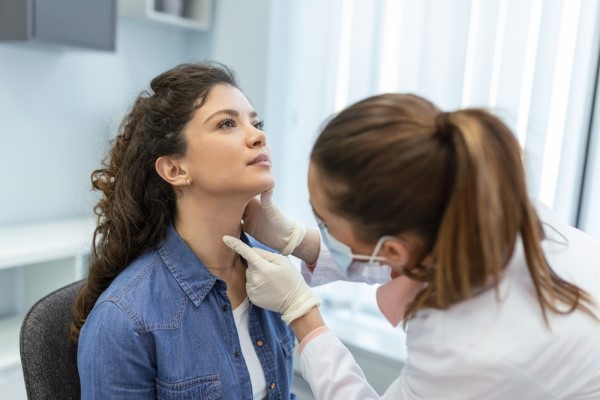Who Makes a Good Candidate for Medical Weight Loss?

Medical weight loss is usually the alternative when other weight loss programs fail to work.
Sometimes, following a strict diet and exercising may not be enough. In this article, you will find out essential details about medical weight loss and who is eligible for the procedure.
Medical weight loss
Medical, or nurse-practitioner-assisted, weight loss programs are created to assist obese patients with obtaining a healthy weight and concurrently adopting a healthier lifestyle. These programs do not require crash dieting or engaging in tiring exercises to lose weight. Instead, they entail teaching patients to choose healthier food and improve their diet, remain physically active and tackle underlying problems that might affect their weight. In some cases, it may include the use of medications.
Benefits of medical weight loss
Participating in a medical weight loss program means patients no longer have to bother themselves about how to lose weight. They will be under the supervision of a physician throughout the program. During the program, the provider will watch the patient’s progress and ensure they are working towards losing weight healthily.
The patient will also benefit from vital information on the modifications to make regarding diet and exercise and access to behavioral therapy if required for depression, stress or any issue that may inhibit weight loss.
If these methods are not enough to achieve the patient’s weight loss goals, then they can use weight-loss drugs or injections that help to get rid of fat.
Who is an ideal candidate for medical weight loss?
A patient may be considered ideal for the program if they have tried unsuccessfully to lose weight through dieting and exercises. Patients with genetic or medical conditions that can make weight management hard can also benefit from the program. Patients with diabetes and other chronic conditions that require management can also undergo medical weight loss to learn how to adopt a healthier lifestyle and make healthy food choices.
There is usually an age restriction for weight loss surgery. Patients between 18 and 65 can qualify for the program. Also, people living with certain health issues may not be eligible. Smokers cannot undergo surgery because tobacco use adversely affects healing. Patients with blood clots are at the risk of blockage after the surgery.
Medical conditions such as kidney stones, heart problems or autoimmune diseases may disqualify the person because their body may be too frail to undergo surgery. Weight loss is also not recommended for people who abuse drugs. The program demands that the patient is in good mental health.
Weight loss is usually only suggested after all the other weight loss attempts have been unsuccessful. Before considering medical weight loss, the patient must have tried dieting and exercising already.
The provider consider patients for weight loss surgery if they have been obese for over five years. People who fall into the obese category according to the BMI for less than five years may not be eligible for bariatric surgery.
Final note
If you are not sure if the medical weight loss program is right for you, then contact your provider to book an appointment.
Request an appointment here: https://www.janeylhammonsnpc.com or call Janey L Hammons NP-C at (580) 922-4406 for an appointment in our Seiling office.
Check out what others are saying about our services on Yelp: Medical Weight Loss in Seiling, OK.
Recent Posts
Women's health exams help ensure overall health while screening for conditions and health risks. Not only will the doctor help with any current symptoms, but they can also screen for conditions like breast and cervical cancer in otherwise healthy patients. Despite the importance of these exams, it is common to feel uncomfortable about receiving them.…
Adult sick visits help with sudden medical needs in between checkups. Mild to moderate illness or injury does not always get better with home care alone. When this happens, adult sick visits can help people feel better faster and get back to their lives.Adult sick visits are appointments patients make with a doctor when they…
Sports physicals, or preparticipation physical evaluations (PE), are necessary to ensure a young athlete's safety when performing their chosen sport. Though they may seem intimidating, these evaluations can greatly improve athletes' chances of qualifying for their desired sport and help them better adjust to pain points within their performance and body. Learning what to expect…
A general practitioner, or GP, can help patients with acute and chronic health conditions. They can provide referrals to specialists and other healthcare providers, as well. Learn about the many services you can find at a general practitioner’s office.General practitioners are often referred to as primary care providers, or PCPs, as they serve as a…


